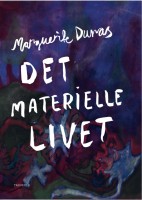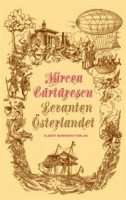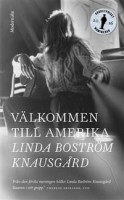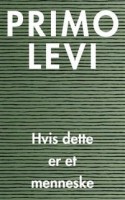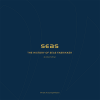Gjesteredaktør Svetlana Cârstean og Athena Farrokhzad
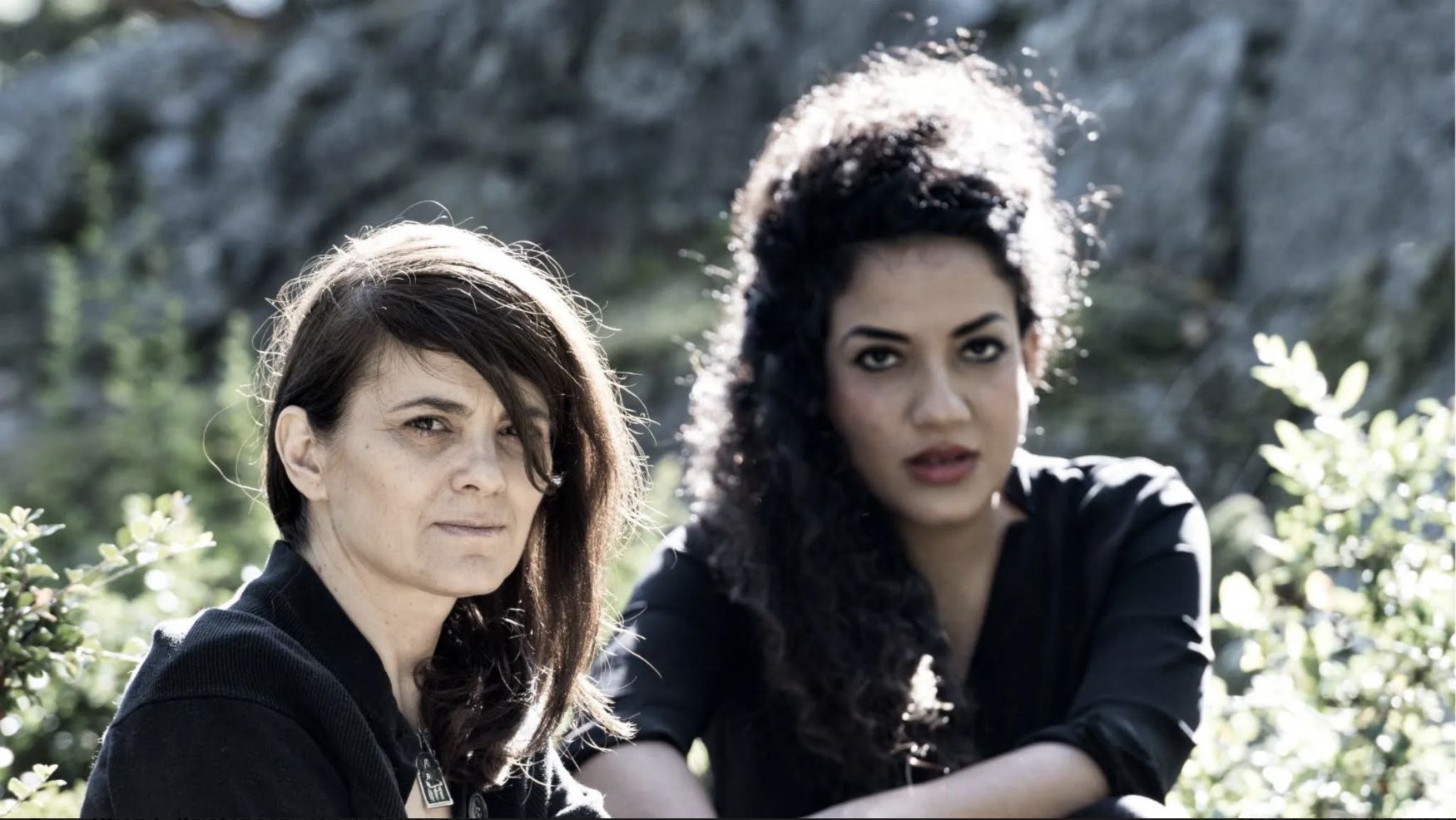
Svetlana Cârstean og Athena Farrokhzad møttest på ein omsettarverkstad i 2012. Der tolka dei kvarandre sine debutdiktsamlingar til respektive svensk og rumensk, utan å beherske den andre sitt språk. Trado (H//O//F, 2021) er eit framhald av samarbeidet deira. Her er originalen ein konsekvens av omsettinga, i eit dikt om arv, forræderi og kjærleik, der to stemmer blandar seg og bytar plass. Trado kom ut i Sverige og Romania i 2016 og er sidan omsett til polsk og dansk.
Svetlana Cârstean er fødd i 1969 og bur i Bucureşti. Ho er poet, journalist og omsettar. Debuterte med Floarea de menghină i 2008 (på svensk som Skruvstädsblomman, 2013). I 2017 kom Tyngdekraft (Gravitaţie, 2015) ut på H//O//F, gjendikta av Sindre Andersen. I 2021 kom samlinga Sînt alta.
Athena Farrokhzad er fødd i 1983 og bur i Stockholm. Ho er poet, dramatikar, omsettar og lærar ved BiskopsArnös forfattarskole. Debuten Hvitverk (Vitsvit, 2013) kom på norsk i 2015, gjendikta av Tina Åmodt. I 2019 gav ho ut samlinga I rörelse.
Anbefalinger
A book that flows freely and intimately, revealing a Duras preoccupied with the everyday life, with survival lists replacing shopping lists, and with the ingredients for an evening soup. Before our eyes, her pantry from Neauphle-le-Château also turns into literature. "I write for nothing. Not even for women. I write about women to write about myself, about myself as I go through the centuries.” You read this, then you start reading Ecrire if you didn’t read it yet.
Violent, human, simple, visceral, direct, and sophisticated at the same time, Hiromi Ito's poetry is a necessary experience. It transcends boundaries, erases the traces of taboos, but also those of clichés when it comes to life, death, birth, sexuality, and body. I met Hiromi at the Moss festival four years ago, and the first question she asked me at breakfast, while we were drinking coffee and eating brunost, was "what kind of poet are you, Svetlana"? It was that kind of question you wouldn’t want to answer spontaneously. If I were to say now what kind of poet Hiromi is, I would say that she is a radical, provocative, and mandatory to read poet. In her poetry we will find nothing of what we already know about small and big things, about pain, life, death, people, plants, and animals. Everything is new.
Anyone who knows The Levant in its original version has always imagined that translating it is almost an impossible mission. A unique book, in which Mircea Cărtărescu travels like no other through the intimacy of both universal and, specifically, Romanian literature. Rewriting it in a new form, as a novel, and translating it - by Inger Johanson - are therefore two remarkable performances. A twelve-song epic with characters and events, The Levant is above all a postmodern amalgam of references, quotes, clin d’oeils. A playful metatext that melts layers and references from the most diverse in the history of literature. Let's not forget that the first edition was written in the last years of Nicolae Ceaușescu's dictatorship in Romania and appeared in 1990, at the end of a historical cycle and a paradigm.
Lydia Davis every day of the week because she takes prose out of its standard definitions and frees us from all the related clichés. Anything can be "prose" to it, a line, a quote, a paragraph is a short story, a verse, a novel. Lydia Davis not only because she received the Man Booker International Prize, but first and foremost because she is funny, terribly intelligent, connected to all the literature in the world, unique. Because what is long for others can be short for her and extremely powerful. And finally, Lydia Davis because the prose of this writer allows poetry to have its role in the story.
This correspondence seems to be our purest fantasy, an extreme poetic voyeurism. What more could we want than to witness an immediate dialogue between two poets like Ingeborg Bachman and Paul Celan? And although it is often about love, impossibility, and distance, it is especially about writing, the centre of the life of each of the two protagonists. And also, about the way concrete life and history always mix with poetry. Grace mixes with frustration, presence with absence, what is said with what remains forever unspoken.
It is so difficult to speak in a book with the voice of a child, and it is even more difficult to reproduce their silence or their decision to be silent. Välkommen till Amerika does not sweeten in any way the childhood, as it is most often the case. And if the phrase with which Anna Karenina begins made history, then we can consider Linda Bostrom Knausgard's novel one of the ideal ways to continue this phrase: "All happy families are alike. But every unhappy family is unhappy in its own way". A radical and minimalist performance, without unnecessary words, during which we live in the mind of the little girl Ellen who looks at reality and decides to keep quiet.
I read the first book about the Holocaust at the age of 12, Five Years in Auschwitz. It took a few more decades to discover Primo Levi and I can say that it was harder for me as an adult to read his book than that first book in my childhood. Because beyond the horror with which you discover any story about the Nazi concentration camps, the way Primo Levi rewrites the history puts under the spotlight the very idea of man, the condition of humanity. What remains of a man when he is excluded from his definition, transported to the end of his humiliation? And yet, as Toni Morrison put it, human identity "shines almost everywhere in Primo Levi's writing." For Primo Levi it is more precious to be a man than a hero.
Statler and Waldorf, the two old commentators from the Muppets Show, Beavis and Butt-Head, Stan and Bran are no doubt related in one way or another to Flaubert's two characters. Bouvard and Pécuchet. This rather controversial book over the years, published posthumously by Flaubert's niece, deserves to be revisited from time to time for the violence of Flaubert's distaste for imposture and cliché, for its absurdity, cruelty and beauty. Especially since this edition is accompanied by the Dictionary of Received Ideas.
